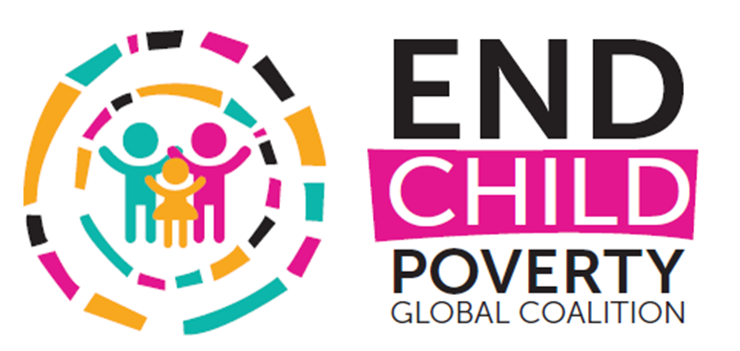by SOS Children's Villages International
As outlined in the UN Guidelines for the Alternative Care of Children, poverty should never be the reason for violating a child’s right to grow up in a family. However, poverty is often a trigger for separating families – despite this being preventable through social protection and other policies. Furthermore child poverty is a consequence of the loss of care and worsening cycle of marginalization and deprivation that the child may well carry into adulthood and likely pass on to further generations.
With 60 years’ experience in the field of alternative care, SOS Children’s Villages sees the multidimensional nature of poverty clearly through our programme work. Poverty is much more than economic struggle. A child who experiences neglect, lack of attention, or inadequate emotional reassurance, suffers in his or her development as much as a child with insufficient food or proper housing. Lack of parental skills can be as harmful for a child as the lack of a steady income.
The first Sustainable Development Goal (SDG) is to end poverty in all forms. In order to achieve this, we must ensure that families are strengthened to avoid loss of and family separation. In addition, if we are to leave no child behind, it is essential that policies and programmes ensure that children who are leaving care receive extra protection and support so they can break free from the cycle of poverty are put in place. SOS Children’s Villages works at both programme and advocacy levels in these areas by providing quality care and supporting families.
Furthermore, children in poverty face an additional layer of discrimination which puts them into further disadvantage and is an obstacle to escaping poverty: they are invisible within data collection and analysis. Children without parental care, or who are not living in households, are simply not counted.
Having comprehensive and reliable data is essential to understand the needs of marginalised children, for informing policy so that the right polices are put in place to address their needs, and that resources are mobilised effectively. This is why SOS Children’s Villages, together with other organisations, is calling on the UN and its member states to ensure that all children living outside of households, or who are without parental care, are included in the monitoring framework for the SDGs.
The, All children count, but not all are counted initiative, which already has the support of more than 255 partner organisations, aims to call the statistical and political communities, both nationally and internationally, to pay attention to this specific group of children who are particularly vulnerable and affected by poverty. Only by counting and analysing the situation of children, and including children who are currently invisible within the data, can we ensure that all children grow up with equal opportunities to enjoy a life free from poverty in all its dimensions. In this way, we look forward to making all children count.
If you would like to partner with us, we encourage you to sign the open letter: All children count but not all are counted and let us know you are supporting this call to action.
Contributed by:


